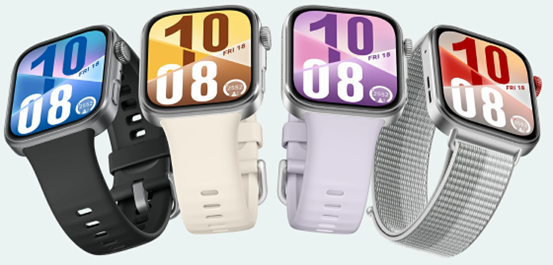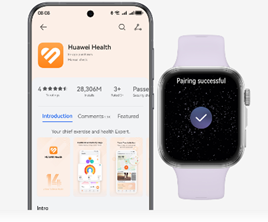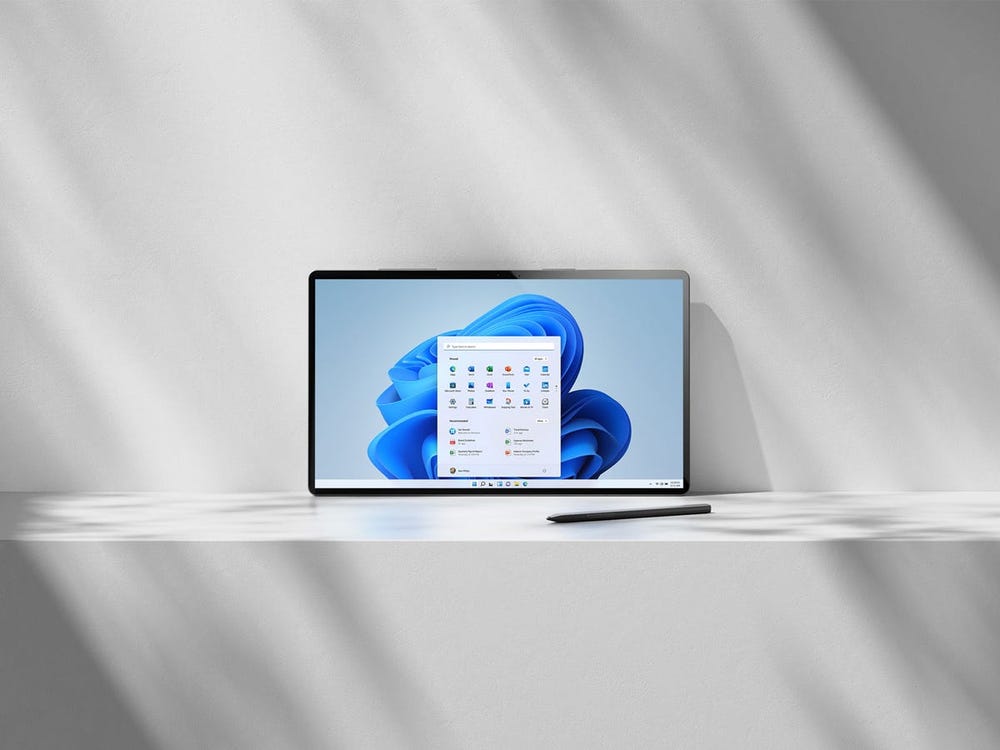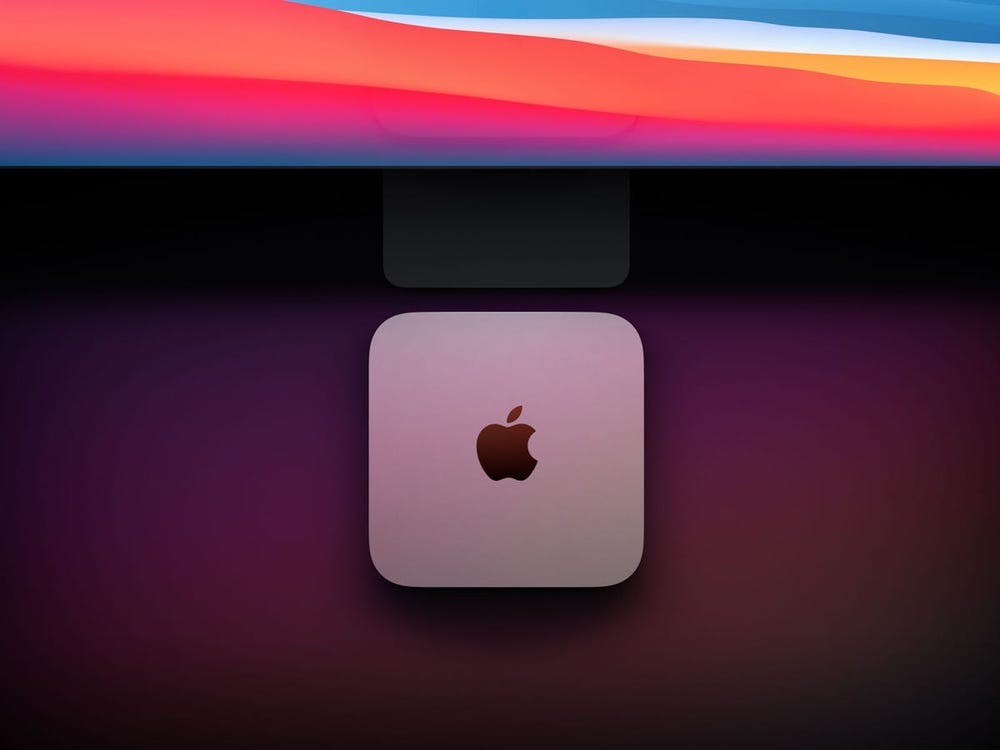Are the Smartwatches Goodf for Fitness and Healthcare?
Smartwatches are becoming essential tools in personal health and fitness. They track physical activity, monitor health conditions, and encourage positive habits. What began as a step counter has evolved into a wearable assistant that supports long-term wellness. Many users rely on smartwatches not just to tell time, but to stay accountable, collect vital health data, and stay in sync with their bodies. The line between consumer electronics and health devices is fading fast.

How Smartwatches Help You Stay Healthy and Active
Smartwatches like the huawei watch Fit 4 bridge the gap between fitness tracking and healthcare monitoring. They give users insights in real time and help them take control of their well-being.
Track movement and fitness goals
Smartwatches count steps, measure distance, and track calories burned throughout the day. They show how active you are and encourage you to stay on your feet. Most models send reminders to move if you’ve been sitting too long. These nudges make a big difference over time. Users can set personalized goals and monitor progress through rings, badges, or weekly reports. Whether you’re training for a race or trying to avoid a sedentary lifestyle, the constant feedback keeps you on track. Exercise modes are another highlight. From running and cycling to yoga and strength training, smartwatches adjust their metrics to match your workout. Some devices also detect the type of exercise automatically and log it without input.
Monitor your heart and vital signs
Modern smartwatches continuously measure heart rate and provide alerts when it goes too high or too low. This constant monitoring gives users early warnings about irregular patterns or unexpected spikes. It helps people manage stress, improve cardio performance, and monitor recovery after intense workouts. Advanced models offer ECG features, which detect irregular heart rhythms. Some even include blood oxygen sensors that monitor respiratory health. These features give users a broader view of their overall condition and encourage them to seek help if something seems off. Resting heart rate, recovery rate, and heart rate zones help athletes optimize performance. They show how hard you’re pushing during a session and whether you’re getting enough recovery afterward.
Improve sleep and recovery
Smartwatches track sleep duration, quality, and cycles. They monitor how long you spend in light, deep, and REM sleep stages. Some devices offer a daily sleep score to summarize how well you rested. This information helps users understand how lifestyle factors affect rest. Late meals, alcohol, stress, or screen time can all impact sleep. With smartwatch data, people make better choices to support deeper recovery. Sleep-focused features like silent alarms and wind-down reminders also promote healthier routines. Over time, these small changes help users feel more rested and alert during the day.

Support chronic condition monitoring
People with health conditions such as heart disease, diabetes, or sleep disorders benefit from smartwatch tracking. Features like continuous heart rate monitoring, blood oxygen readings, and fall detection offer peace of mind. When a user experiences irregular readings, the device can prompt them to check in with a doctor. Smartwatches don’t replace medical devices, but they offer early detection and consistent data collection. This helps both patients and doctors recognize trends over time. Some devices also integrate with digital health apps and electronic records. This makes it easier to share key data with medical professionals, streamlining communication and follow-ups.
Promote mental wellness and stress control
Fitness is only part of the picture. Smartwatches also track stress levels based on heart rate variability. They suggest breathing exercises or short meditations when stress spikes. Mindfulness reminders, vibration alerts to take a break, or movement prompts help users reduce anxiety. These gentle cues support mental health without overwhelming the user. Sleep tracking also ties into mental wellness. People who sleep better tend to report lower stress, better focus, and more energy. By improving rest, smartwatches support cognitive function and mood.
Conclusion
Smartwatches now play an important role in both fitness and healthcare. They encourage movement, guide workouts, track sleep, and monitor vital signs. But beyond that, they help people manage stress, support chronic conditions, and stay safe throughout the day. For anyone looking to improve their health, stay active, or simply become more aware of their habits, a smartwatch offers powerful tools in one small package. As technology continues to improve, these devices will likely become even more useful—blending convenience, insight, and care in one tap.







